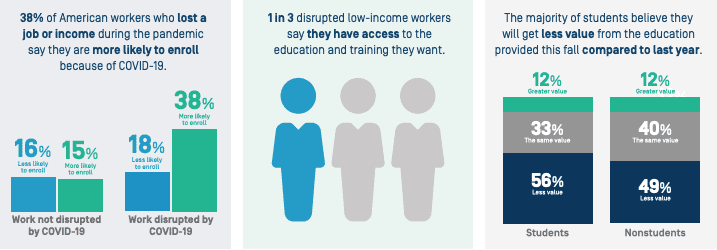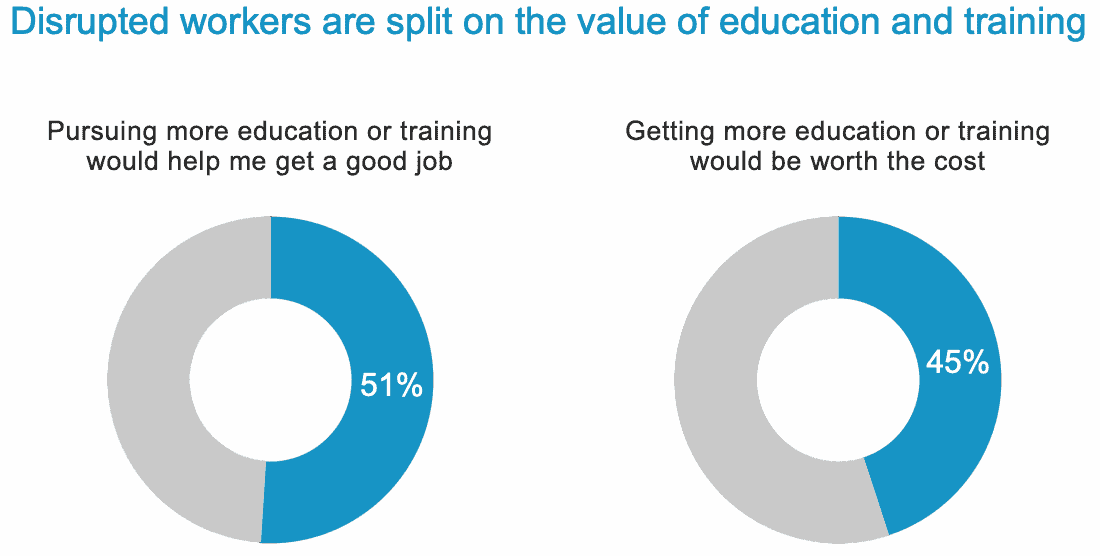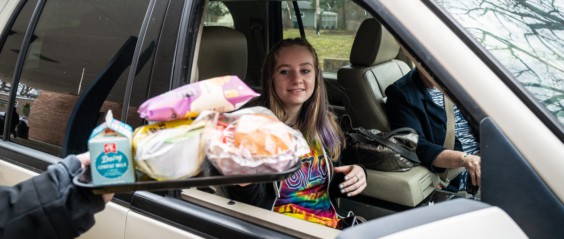Need to know: COVID-19
- As of noon on Friday, August 14, there were 142,170 confirmed cases. See cases by county here.
- The share of positive tests as a percentage of total tests dipped to 6% this week and is at 7% today.
- DHHS corrected the number of total tests completed downward by about 200,000 tests. See more about that here.
- Hospitalizations are slightly down this week: As of August 14, 1,049 people were hospitalized with ~23% of ICU beds available.
- From March 15 to August 13, 1,233,092 North Carolinians have filed unemployment insurance claims. The state has paid 854,202 claimants.
- Last week, Gov. Roy Cooper extended Phase 2 until September 11.
Need to know: School reopening
The following two databases track how North Carolina’s K-12 schools and community colleges are handling school this fall. Both are being updated regularly to reflect new information.
For your consideration
Community colleges start their fall semester on Monday, and many have shared with us they are likely facing enrollment declines this fall. Typically, colleges see increased enrollment during economic downturns as those out of work look to increase their skills and employability. However, this is not a normal downturn.
In a session during yesterday’s virtual Education and Workforce Conference hosted by the NC Chamber, new Durham Tech president J.B. Buxton spoke to the layers of uncertainty impacting decisions to enroll, including the financial impact of COVID-19, how the labor market will be reshaped by the pandemic, and what this fall will look like for adult students who have kids in K-12 schools.
New survey results from Strada Education Network’s COVID-19 Work and Education Survey shed some light on what workers and students are thinking about education this fall. Findings include:
- 38% of workers who have lost a job or income say they are more likely to enroll in additional education or training as a result of COVID-19 compared to 15% of workers who have not lost a job or income.
- However, only half of displaced workers are confident that education would lead to a good job or be worth the cost, and 56% of current students believe the value of the education provided this fall will be reduced due to not being fully in-person.
- Only 44% of disrupted workers feel they can access the education or training they want.


Dropping knowledge
As with almost every facet of our lives, COVID-19 has disrupted pathways from K-12 to higher education. Just yesterday, a community college president told me they are having difficulty reaching high school students to enroll them in their dual enrollment courses.
Education Commission of the States released a series of six briefs focusing on the transition from high school to postsecondary education, titled “Equitable Transitions During Pandemic Disruptions.” Each brief focuses on a different part of the process, such as FAFSA completion, dual enrollment, and work-based learning opportunities. The briefs contain recommendations for states and districts to improve these pathways during the pandemic. Check out all six here.
In the news
What this election will look like, and especially whether people can reliably vote by mail, is a big question mark right now. Rand Corporation recently published an assessment of each state’s voting process flexibility. They look at how much flexibility states have in three areas — voter registration, remote voting, and early voting — and how that impacts the safety of the election. Check out where North Carolina stands here.
What we're reading
Changes to School Meals Have Made Low-Income Kids Healthier. Will They Last?
New research shows that adding more fresh vegetables and whole grains to school lunches helped curb childhood obesity for vulnerable children, prompting questions about recent USDA rollbacks.... Read the rest-
The Worst of Hurricane Season is Likely Still to Come
-
England is launching a national tutoring program. Could the U.S. follow suit?
-
Most Americans Say State Governments Have Lifted COVID-19 Restrictions Too Quickly
-
Lean Times Ahead for Parks, Conservation
-
More COVID-19 Knowledge May Cut Your Pandemic Stress
-
“Collaboration is the Future of Journalism”


